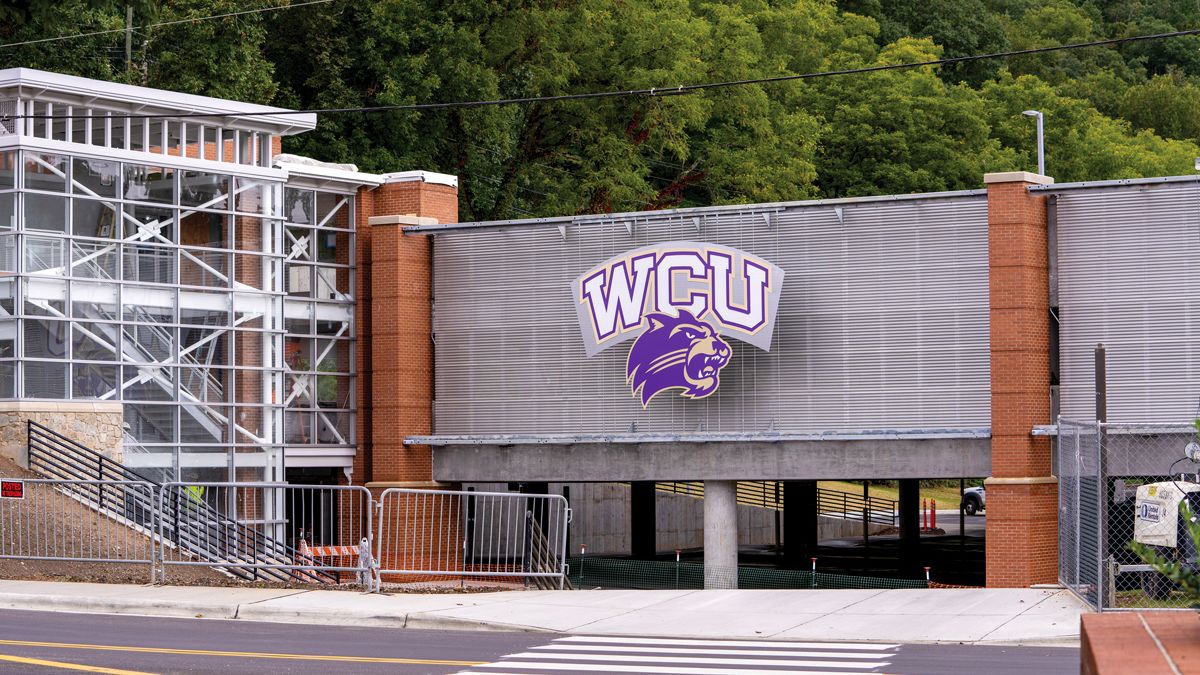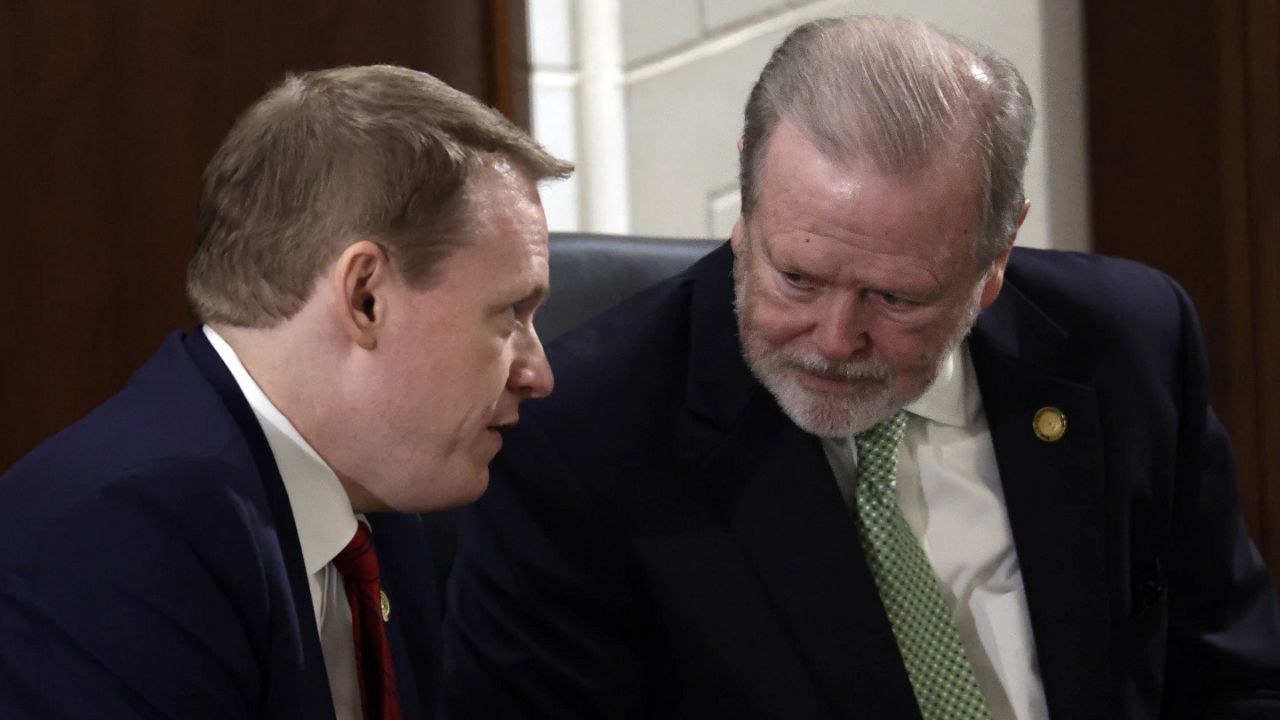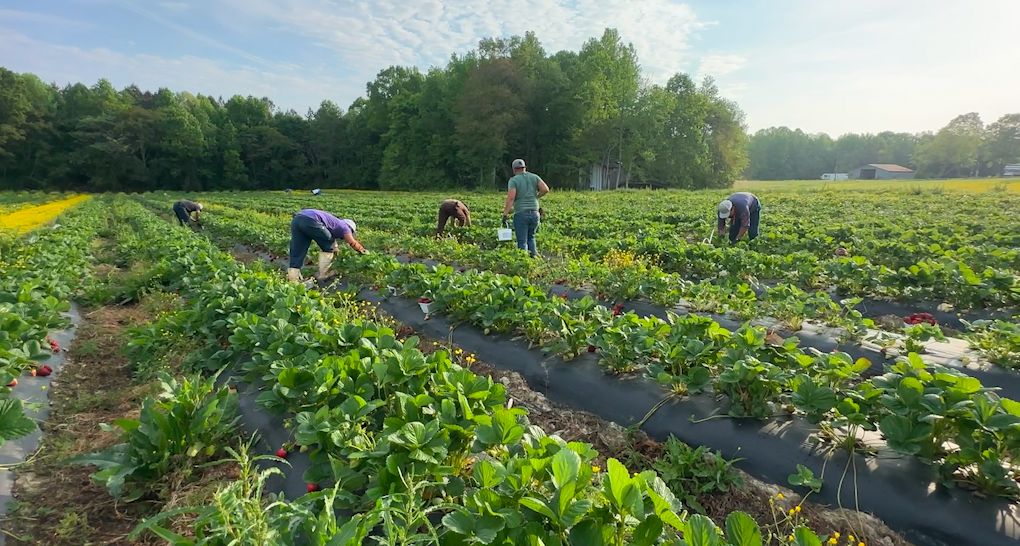ROBESON COUNTY, N.C. – For Loretta Allen, there was never any question of her need for a COVID-19 test.
Allen visits her 96-year-old mother almost every day. She is one of the few contacts her mother has with the outside world.
“That's the one contact I have that I'm nervous about,” she said.
Allen is a member of the Lumbee Tribe, the largest Native American tribe east of the Mississippi River. Robeson County is home to the vast majority of the tribe's 55,000 members.
CDC data shows Native Americans have been hospitalized at a rate 5.3 times that of whites, the greatest hospitalization disparity of any major ethnic group. The pandemic has killed Native Americans at a rate 1.4 times that of whites, the second-highest disparity in terms of fatalities.
Here in North Carolina, NC DHHS data shows 27 Native Americans had died from COVID-19 by the end of July. Although a low number in absolute terms, this yields a death rate of 16 per 100,000. White North Carolinians have perished at a rate of 13 per 100,000.
Native Americans face many of the same health disparities Black and Latinx Americans do. They are disproportionately more likely to have lower incomes and less likely to have health insurance.
As part of the COVID-19 relief bill known as the CARES Act, Congress set aside $8 billion in aid for federally recognized tribes. But, the Lumbee Tribe has only partial federal recognition. Tribal Chair Harvey Godwin said this left the tribe unable to take advantage of COVID-19 help through the Indian Health Service, for example.
“We're half in and half out and have been since 1956. So that's the rub. That's the thing we've been trying to correct,” he said. “What we've been doing for months is just pulling pieces of funds together.”
The tribe has at least been able to piece together aid from other programs, such as HUD funding for Native American housing, as well as grants from various nonprofits. Godwin said tribal leaders used their recent experience dealing with hurricanes Matthew and Florence to quickly put together a comprehensive tribal testing program all over Robeson County.
By the end of July, the tribe had tested more than 1,700 people in an effort open to anyone in Robeson County. At least 70 people had tested positive, with more than three quarters of those positive tests coming from Native Americans.
Allen said she was hopeful she wouldn't end up among that number. Either way, she was glad the tribe was able to set up a series of testing sites all over the county rather than making everyone go to Lumberton. She said keeping tests in her area made her more comfortable going to get tested.










